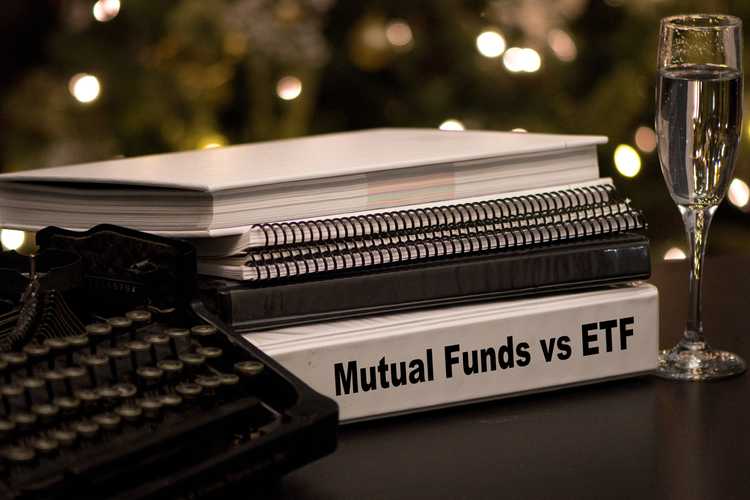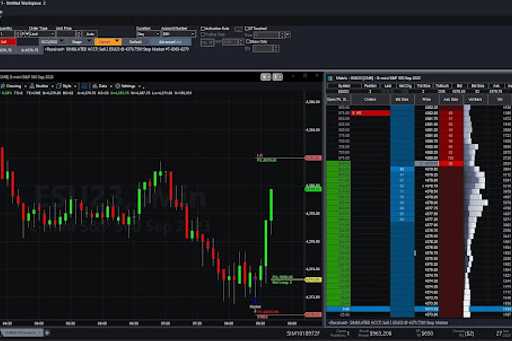Personal Finance
Advertiser Disclosure

IRS Eliminates 2024 RMDs for IRA Beneficiaries Subject to 10-Year Rule
The IRS eliminated 2024 RMDs for IRA beneficiaries subject to the 10-year distribution rule enacted by the SECURE Act of 2019—and suggested that a final ruling on this matter will be released in 2024.

Retirement Calculator: How Much Do You Need?
Not sure how much money you need to retire comfortably? Our retirement calculator makes it easy to figure out.

Best Index Funds with Low Expense Ratios
Index funds offer a low cost way to invest and an easy way to diversify your portfolio among different investment styles.

Mutual Fund Fees and Expenses for Beginners
Mutual fund fees and expenses are confusing. Funds with the lowest fees can improve your investment performance by thousands of dollars.

What is Income Investing?
Income investing is a means for investors to generate ongoing income and cash flow from all or a portion of their investment portfolio.

A List of 11 GISC Stock Market Sectors
One way to encourage portfolio diversification is to add stocks from different sectors. There are 11 stock market sectors and understanding them can potentially help you become a better investor.

How to Withdraw Early From a 401(k) (& Why You Shouldn’t)
Withdrawals from a 401(k) are a serious matter, as they can lead to financial penalties and deplete funds meant for your senior years. But a host of options can help you avoid this outcome, even in an emergency.

What Is a Fixed Annuity?
A fixed annuity is a retirement savings option that provides a fixed return so you can more easily budget for your lifestyle post-retirement.

ETFS vs. Mutual Funds: How To Choose the Right Investment
ETFs and mutual funds are similar, but distinct investment vehicles that offer built-in diversification and other advantages for investors.

Mutual Funds vs. Stocks: Key Differences & Which Investors Should Pick
When you invest in a stock, you buy a share of one company. A mutual fund bundles stocks, bonds, or other securities together, offering instant diversification in a single investment.

Money Markets vs. Capital Markets: Key Differences
In the money markets, governments, banks, and others buy and sell short-term debt—and individual investors own bank accounts, certificates of deposit (CDs), money market accounts, money market funds, and similar assets.

Paper Trading Explained
Paper trading lets you practice trading, try out ideas, and test-drive a trading platform before risking real money. Here's how to paper trade and improve your trading.

What is a P/E ratio, And What Is Considered A Good One?
Learn how to use P/E ratio as you make investing decisions about individual stocks.

Dow vs Nasdaq vs S&P: What's The Difference?
How do these three stock indices compare and which should you use to assess the economy and guide your investing strategy?
1.3936.0+2.11.42
